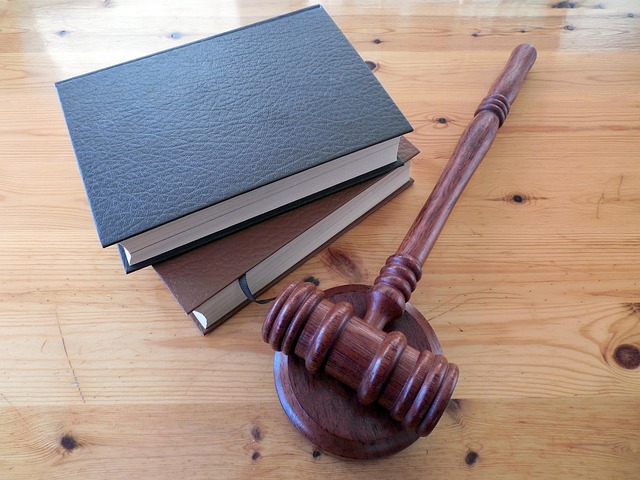In many jurisdictions, grandparents have legal rights to their grandchildren, especially when parental capabilities are questioned. Grandparent custody disputes arise from disagreements over primary guardianship, with courts deciding based on the child's best interests. Key factors include the strength of the grandparent-grandchild relationship, ability to provide stable care, and potential impacts on the child's well-being. To enforce rights, grandparents must file a petition, prove legal standing, and present arguments and evidence at a hearing. Legal representation is crucial for navigating complexities and achieving fair outcomes.
In many families, grandparents play a vital role in their grandchildren’s lives. However, when grandparent rights are disputed, understanding the legal landscape is crucial. This article provides comprehensive insights into grandparent custody disputes, focusing on both the legal perspective and practical enforcement procedures. We guide you through each step of the process, highlighting common challenges and offering strategies to navigate these complex cases successfully.
- Understanding Grandparent Rights: A Legal Perspective
- The Enforcement Process: Step-by-Step Guide
- Common Challenges and Strategies in Grandparent Custody Disputes
Understanding Grandparent Rights: A Legal Perspective

In many jurisdictions, grandparents possess legal rights and entitlements regarding their grandchildren, especially in instances where a parent’s capabilities to care for the child are questioned or compromised. Grandparent custody disputes arise when there’s a disagreement over who should have primary guardianship of a grandchild—the parents or the grandparents. Understanding grandparent rights is crucial as these disputes often involve complex family dynamics and legal considerations.
From a legal perspective, courts typically evaluate the best interests of the child when deciding on grandparent custody. This involves examining various factors such as the strength of the grandparent-grandchild relationship, the ability to provide stable care, and potential impacts on the child’s well-being. In some cases, grandparents may need to prove that they have been actively involved in the child’s life or demonstrate exigent circumstances that warrant custody, especially if the parents are unable or unwilling to care for the grandchild.
The Enforcement Process: Step-by-Step Guide

Grandparent rights enforcement in the context of custody disputes involves a legal process that requires careful navigation. Here’s a step-by-step guide to help understand this procedure:
1. Petition and Legal Standing: The first step is for grandparents to file a petition with the court stating their request for custody or visitation rights. They must establish legal standing, proving their relationship to the child and demonstrating that they have been involved in the child’s life or have a valid reason for seeking custody, such as a gap in parental care.
2. Notice to Parents: Once the petition is filed, the court will issue notices to both parents, informing them of the grandparent’s request. This triggers a legal response period where the parents can either agree to the terms or contest the petition, leading to a court hearing. During this phase, it’s crucial for grandparents to gather evidence supporting their case, such as medical records, school reports, or any history of positive interactions with the child.
3. Court Hearing: At the hearing, both parties present their arguments and evidence. The judge will consider factors like the child’s best interests, the quality of the relationship between the grandparent and the child, and any impact on the child’s existing family dynamics. If the court rules in favor of the grandparents, it may grant specific visitation or custody rights, tailoring the order to the unique needs of the family.
4. Post-Hearing Orders: After the decision, the court will issue official orders detailing the grandparent’s rights and responsibilities. These orders outline the frequency and terms of visits, ensuring a structured and safe environment for the child involved in a grandparent custody dispute.
Common Challenges and Strategies in Grandparent Custody Disputes

Grandparent custody disputes often present unique challenges due to the sensitive nature of family dynamics and the legal complexities involved. One common hurdle is establishing legal standing, where grandparents must prove their right to seek custody or visitation. This can be particularly difficult if they were not involved in the child’s life previously. Furthermore, courts typically prioritize the best interests of the child, which may lead to disputes over whose care aligns with these interests. Grandparents might need to navigate emotional arguments and present a compelling case for their involvement in the child’s life.
Strategies employed by grandparents in such cases include building a strong relationship with the child, documenting interactions through photos or videos, and seeking support from extended family members or friends who can attest to the grandparent-child bond. Legal representation is crucial; experienced attorneys can guide grandparents through the process, helping them understand their rights and present a compelling argument. They can also assist in negotiating settlements or representing grandparents in court to ensure fair outcomes in these emotionally charged disputes.














